The answer to the question Can Bearded Dragons Eat Oranges is NO.
It’s best to avoid giving your bearded dragon oranges. These fruits are too acidic and high in sugar for the well-being of your scaly friend.
Now, we will discuss whether the oranges are toxic or safe for bearded dragons. So, in this article, we will learn whether to feed oranges to bearded dragons or not. So to know more about it, stay with the information below:-
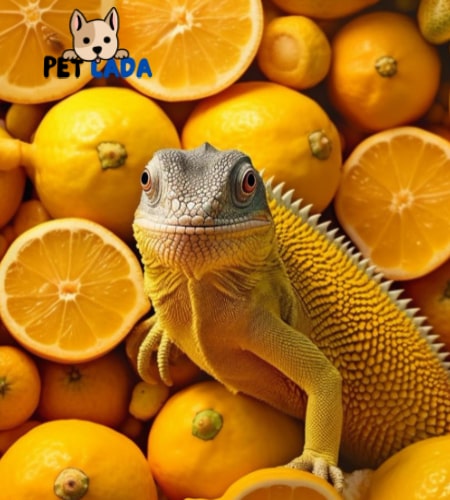
Table of Contents
- Can I Feed Oranges to My Bearded Dragons?
- The Reason Behind Bearded Dragons Can’t Eat Oranges
- Real-Life Scenario: The Orange Experiment
- Oranges for Beardies Are Good or Bad?
- Are Mandarin Oranges Good for Bearded Dragons?
- Can I Feed Orange Peels to My Bearded Dragon?
- What Should Bearded Dragons Eat Instead?
- Insects That Eat Oranges Are Good for Bearded Dragons or Not?
- Is Orange Juice Good for Bearded Dragons?
- Which Oranges Are Good, Blood Oranges or Navel Oranges for Bearded Dragons?
- Nutritional Content in Oranges for Bearded Dragons
- Which Are the Other Fruits Bearded Dragons Can Eat?
- Conclusion: It’s a No for Oranges
- References
- Frequently Asked Questions (FAQ’s)
Can I Feed Oranges to My Bearded Dragons?
Many bearded dragon owners might have the question of whether to feed oranges to bearded dragons. So we will discuss whether to feed oranges to your bearded dragon. Oranges are good as well as toxic for bearded dragons.
Quick Facts:
- Citrus fruits: High in acid.
- Sugar content: This can lead to digestive issues.
- Nutrition: Minimal nutritional benefit for bearded dragons.
Oranges can be good as well as bad for your bearded dragons. Oranges have many benefits for your bearded dragons. But there are also many side effects of oranges. Bearded dragons love to eat oranges.
Toxicity levels of different substances found in oranges and other fruits.
| Substance | Toxicity Level for Bearded Dragons |
|---|---|
| Citric Acid | High |
| Oxalic Acid | High |
| Sugar | Moderate |
But having them in more quantity can be toxic for them. We will see the reason behind not feeding oranges to the bearded dragon in the article below. So, to know the reason behind not feeding oranges to bearded dragons, continue reading below;
The Reason Behind Bearded Dragons Can’t Eat Oranges
There might be several reasons behind bearded dragons cannot eat oranges. We will be discussing why bearded dragons can’t eat oranges. One of the main reasons is the high sugar level in oranges.
The Risks:
- Digestive Issues: Acidic foods can disrupt the digestive system of bearded dragons.
- Nutritional Imbalance: High sugar content can mess with the calcium-to-phosphorus ratio, essential for bone health.
- Toxicity: Citrus fruits can sometimes contain compounds that are toxic to reptiles.
As oranges contain high sugar, we cannot feed oranges to bearded dragons. This is because the bearded dragon’s sugar level may increase due to oranges. So this is the first main reason. Another main reason is the water content in the oranges.
As oranges contain a high water content, we cannot feed oranges to bearded dragons. Excess water content can be harmful to bearded dragons. Another reason is the acetic acid present in the oranges.
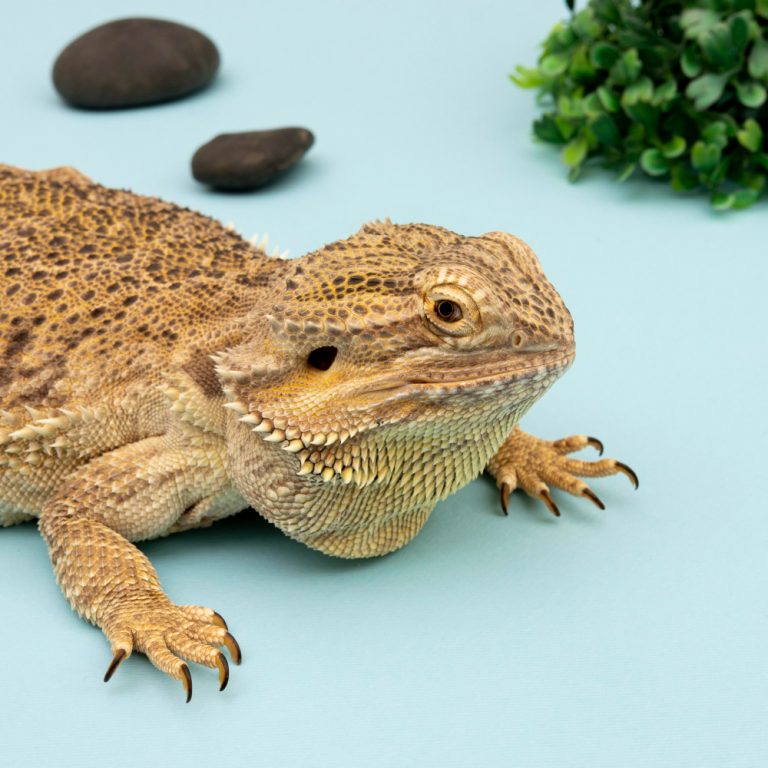
Oranges contain acetic acid, which is harmful to bearded dragons. So we can’t feed oranges to our bearded dragons. And another reason is the fruit acids. We all know that oranges contain acids. And these acids may be harmful to the bearded dragons. That is why we can’t give oranges to bearded dragons. Following are some other side effects of oranges;
Oranges Contain a High Amount of Oxalic Acid
As we know, oranges contain a high amount of oxalic acid, which is harmful to the bearded dragons. If the oxalic acid is in less amount, then you can feed that fruit to your bearded dragon.
But more amount of oxalic acid can be toxic for your bearded dragon. The oxalic acid in oranges can form calcium oxalate with the calcium.
This will reduce the formation and absorption of calcium in the dragon’s body. So, reducing calcium absorption can be risky for your dragon. Due to oxalic acid formation and reaction, diseases like paralysis and deformities in skeletal may be caused. So avoid feeding oranges to your bearded dragon.
High Sugar Level and Citric Acid in Oranges
As we know, Orange is a Citrus fruit that contains citric acid. And the citric acid is harmful for bearded dragons. This citric acid can cause indigestion in bearded dragons. And due to this, the digestive system may get disturbed in the beardies. Citric acid in oranges can also cause irritation in the stomach of beardies. Next is the high sugar content in the oranges. The high sugar content can be toxic for beardies. So, oranges are not good for bearded dragons. So, these are the reasons why bearded dragons cannot eat oranges.
Real-Life Scenario: The Orange Experiment
I once knew a bearded dragon owner who thought that the vibrant colour of oranges could be an attractive addition to their pet’s diet. After feeding a small piece, the bearded dragon became lethargic and showed signs of discomfort. A quick trip to the vet confirmed that the orange was the culprit, and it was advised to stick to a diet more naturally aligned with what a bearded dragon would consume in the wild.
Comparing the nutritional content of oranges with other fruits that are safe for bearded dragons.
| Nutrient | Oranges | Apricots | Strawberries |
|---|---|---|---|
| Sugar (g per 100g) | 8.2 | 3.9 | 4.9 |
| Water Content (%) | 87 | 86 | 91 |
| Citric Acid (mg per 100g) | 49.4 | 0.1 | 59 |
| Oxalic Acid (mg per 100g) | 28 | 7 | 14 |
Oranges for Beardies Are Good or Bad?
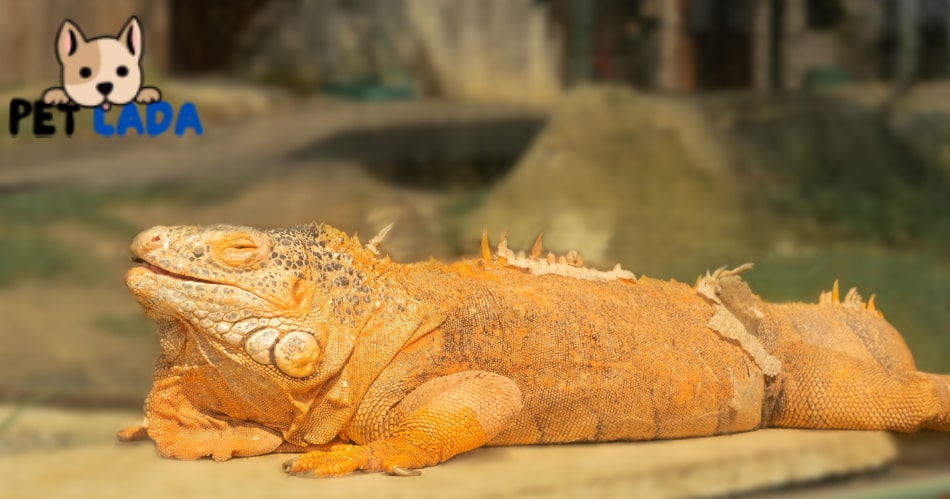
As we have discussed before, the oranges are not really good for bearded dragons. We have also seen the reason behind oranges are not good for beardies. If you feed oranges to your beardies, their digestive system may get disturbed. and due to this, they get diarrhoea. And due to diarrhoea, the pinworms May develop. These pinworms are very harmful to your beardies. So, oranges May develop pinworms in bearded dragons’ stomachs. So, the oranges are not good for bearded dragons. Indigestion in one beer dragon can create indigestion other words, dragons, too. So, we suggest that oranges are not good for bearded dragons.
Other fruits that are safe for bearded dragons along with their benefits.
| Fruit | Benefits for Bearded Dragons |
|---|---|
| Apricots | Low in sugar, High in Vitamin A |
| Strawberries | Low in sugar, High in Vitamin C |
| Figs | High in Calcium, Low in Oxalic Acid |
Are Mandarin Oranges Good for Bearded Dragons?
Mandarin Oranges are fewer acids and have calcium and phosphorus. They are different from the regular oranges. But still, they have a lower quantity of fruit acids in them. And the lower quantity of fruit acids can also be toxic for your bearded dragon. That is why we suggest you not to feed Mandarin oranges to your beardies. Some of the articles say that Mandarin oranges are good for bearded dragons. This is because of its calcium and phosphorus content.
But it’s fruit acid level can create digestive issues in bearded dragons. The Mandarin oranges contained less amount of fruit acid than the normal oranges. So, other research tells us that Mandarin oranges are good for bearded dragons. If you still want to feed Mandarin origins, you can feed them at your own risk. But still, we suggest not to feed Mandarin oranges to beardies.
Can I Feed Orange Peels to My Bearded Dragon?
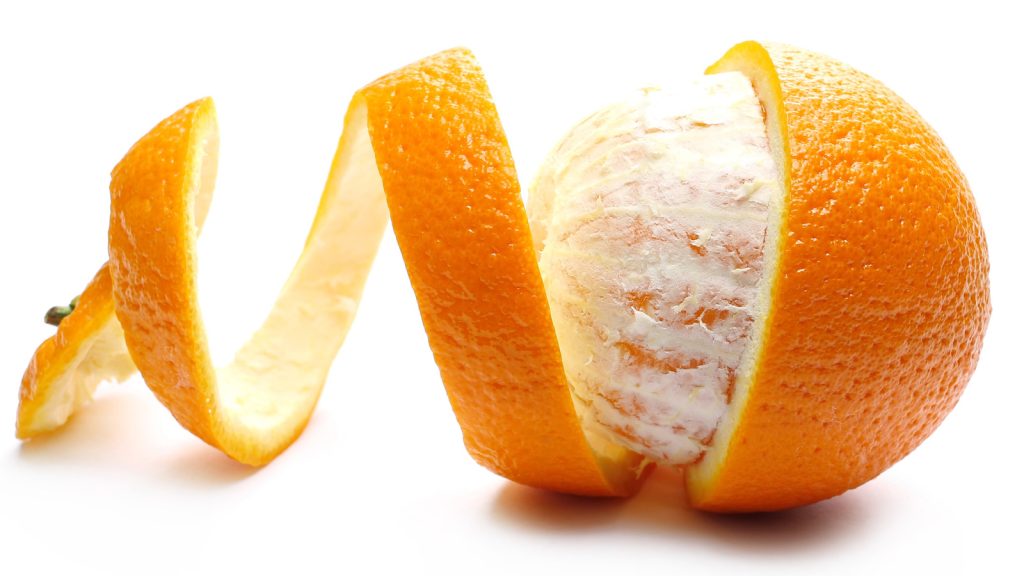
Another question might be, can I feed orange peels to my beardie? As we know, bearded dragons don’t eat hard, chewy foods. So, the orange peels can be hard for the bearded dragons to digest. So it is absolutely no for the orange peels. You cannot feed orange peels to your bearded dragon.
The hard texture of orange peel can be hard to digest for your beardie. So, we do not suggest you feed orange peels to your bearded dragon.
The orange peel also contains hai levels of acid. And we have seen that acid in food is not good for beardies. The orange peels contain fruit acid and oxalic acids. The orange peels also contain orange oils, which is not good for bearded dragons.
Even the pesticides on the orange peels are not good for the health of your beardies. Orange peels also contain calcium in greater amounts, but they are still not good for bearded dragons.
There are some other calcium supplements for bearded dragons. So, instead of feeding orange peels or oranges, you can go for the other calcium supplement options. This is how Orange peel is not good for your bearded dragon. So please do not feed them the orange peels.
| Fruit | Recommended Feeding Frequency |
|---|---|
| Oranges | Never |
| Apricots | Once a week |
| Strawberries | Twice a week |
What Should Bearded Dragons Eat Instead?
It’s crucial to provide a balanced diet that mimics what bearded dragons would naturally consume. A balanced diet includes a mix of insects, greens, and non-citrus fruits.
| Food Type | Examples |
|---|---|
| Insects | Crickets, mealworms, waxworms |
| Greens | Collard greens, dandelion greens, parsley |
| Fruits | Apples, blueberries, and strawberries |
Insects That Eat Oranges Are Good for Bearded Dragons or Not?
As we know, bearded dragons it insects. They are fed on the insects for several times. And some insects eat oranges. So, these insects are eaten by bearded dragons that feed on oranges. And the insects that eat oranges are Roaches, crickets, discoid roaches, Dubai, Lobster roaches, etc. These insects eat oranges, and these insects are eaten by bearded dragons. So the question is, are they safe for your bearded dragon or not?
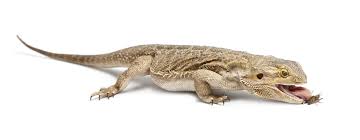
It is said that the insects have no effect of Orange on it. So, it is totally safe for your bearded dragon. And you can feed these insects to your bearded dragon. When these insects eat oranges, they don’t get the acid in them. In reality, they absorb the calcium from the oranges. The citric acid of Orange is broken down in these insects. And this makes them more nutritious for your bearded dragon. And that is why your bearded dragon can eat these insects rather they feed on oranges.
But you have to keep in mind that the insects must not eat the oranges more than twice a week. If the insects feed more on oranges, that might be harmful to your bearded dragon. So, keep the proportion and ratio proper.
Is Orange Juice Good for Bearded Dragons?
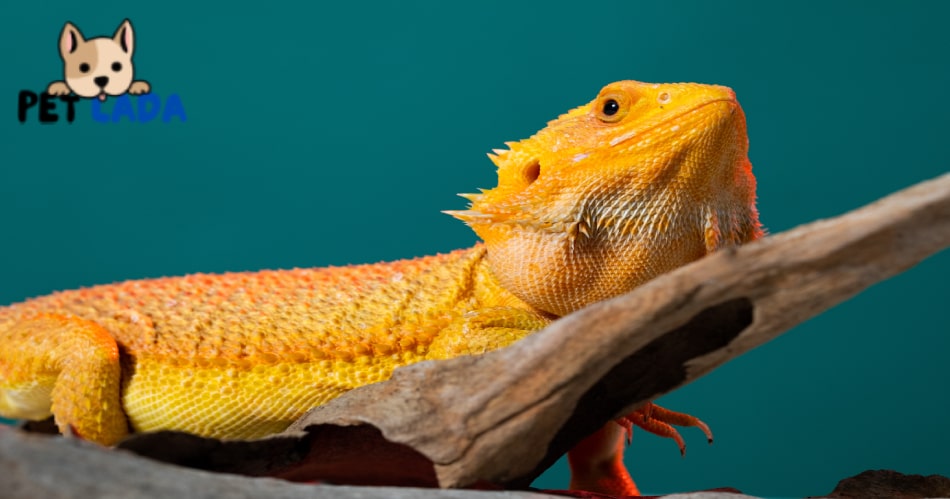
Another thing is orange juice for bearded dragons. Orange juice is also not good for your bearded dragon.
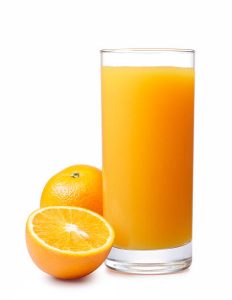
As we have seen, oranges have their own side effects for bearded dragons, so orange juice is also the same. Orange juice does not create any different effect than whole Orange.
So, it is the same as the orange content. It also contains fruit acid and more sugar content. So, it does not make any difference between whole Orange and orange juice. So do not feed orange juice to your bearded dragon. Or your bearded dragon cannot drink orange juice.
There are several types of oranges, as we have seen the Mandarin oranges. Similarly, there are blood oranges and navel oranges. These are both types of oranges. Still, the question is, can bearded dragons eat blood oranges or navel oranges? And the answer to it is no. Bearded dragons cannot eat blood oranges or navel oranges. Both blood oranges and navel oranges are not good for bearded dragons.
As they are both rich in calcium but still contain citric acid. Also, they contain more quantity of sugar in it. blood oranges contain more amount of sugar in it. so they are also not good options for your bearded dragon. so do not feed any type of Orange to your bearded dragon. if you feed oranges to your bearded dragon, that may cause a severe disease to them. so Keep your beardies away from Oranges.
Some nutrients are available in oranges, which are suitable for bearded dragons. However, due to the other toxic nutrients, bearded dragons cannot eat oranges. Which means oranges are not good for bearded dragons. The content in oranges is good but not good for the health of bearded dragons.
So, we say that Orange is nutritious but harmful for bearded dragons. Here are some nutritional values in oranges, which are determined by a vet doctor. Oranges have 0.9 grams of protein in a hundred grams. Even oranges have 86% of water content in them. Then it has 11 g of carbohydrates per 100 g of Orange. Oranges contain 2% of the fibre in them.
It also contained 0.15 g of fat per hundred grams of oranges. Oranges also contain 23 mg of phosphorus and 43 mg of calcium per 100 g of nutrition in oranges.
Despite being so nutritious, oranges cannot be fed to breed dragons.
Nutritional Content in Oranges for Bearded Dragons
| Nutrient | Amount (per 100g of Orange) |
|---|---|
| Protein | 0.9 grams |
| Water Content | 86% |
| Carbohydrates | 11g |
| Fiber | 2% |
| Fat | 0.15g |
| Phosphorus | 23mg |
| Calcium | 43mg |
Which Are the Other Fruits Bearded Dragons Can Eat?
In spite of oranges, we can feed other fruits to our bearded dragons. There are some other fruits that you can feed your bearded dragons. Some fruits are safe for your bearded dragons. So, we will be talking about some fruits that are good and safe for your bearded dragons. These fruits are low in sugar and have more nutritional value. The fruits that are safe for bearded dragons are apricots, raspberries, strawberries, dates, figs, etc.

These fruits have good nutritional value and are recommended by Vet doctors. Doctors say that these fruits are safe for bearded dragons as they contain low sugar levels and low acid levels. And here are some fruits that are given as salad toppings. These fruits are figs, mango, apples, papaya, cantaloupe, etc.
These fruits contain a little bit more sugar, so they can be only given as a topping of salad. Do not try to give these fruits in more quantity. Give the fruits to your bearded dragon as suggested by your vet doctor only.
Conclusion: It’s a No for Oranges
While the idea of diversifying your pet’s diet is commendable, oranges are not the way to go. The risks outweigh the benefits, and there are plenty of other, safer options to explore. Stick to what’s proven and always consult your vet when in doubt.
To know more about what bearded dragons eat, you can read this article on Wikipedia. Remember, a healthy dragon is a happy dragon!
So, peel away the idea of feeding oranges and stick to safer fruits and veggies!
References
- “Bearded Dragon Care Sheet – Feeding and Diet.” VCA Hospitals. Accessed October 3, 2023.
- “Nutritional Secondary Hyperparathyroidism in Reptiles.” The Veterinary Clinics of North America: Exotic Animal Practice. Accessed October 3, 2023.
- “The Relationship Between Diet and Health in Bearded Dragons.” Journal of Herpetological Medicine and Surgery. Accessed October 3, 2023.
Note: While the articles linked above provide valuable information, it is always best to consult with your veterinarian for personalized advice tailored to your bearded dragon’s specific needs.
Frequently Asked Questions (FAQ’s)
Q. Which are the types of oranges that are good for bearded dragons?
Ans. There are types of oranges like bloody oranges, navel oranges, and Mandarin oranges. But none of these oranges are good for bearded dragons. They all contain fruit acids and high sugar in them. And that is why none of the oranges are good for bearded dragons.
Q. What if I feed oranges to my bearded dragon?
Ans. There are many drawbacks to feeding oranges to bearded dragons. If your bearded dragon eats small pieces, then it might be okay. But still, it has choking drawbacks for your bearded dragon.
If your bearded dragon eats oranges, then he may get diarrhoea. And that may cause difficulty for your bearded dragon. So avoid feeding even a small quantity of oranges to your bearded dragon.
Q. Are fruit and vegetable diets enough for bearded dragons?
Ans. Bearded dragons require 75% of protein in their diet. So, only feeding on fruits and vegetables is not enough for the adult bearded dragon. And the baby bearded dragon should not at all be fed on vegetables and fruits.
They require more amount of proteins than adult bearded dragons. So, only feeding them fruits and vegetables is not at all enough in their diet. You have to give them a balanced diet of fruits, vegetables, and other proteins.
Q. How toxic is eating oranges by bearded dragons?
Ans. As we have seen, the fruit acids are available in oranges. These fruit acids and oxalic acids are toxic for bearded dragons.
The fruit acids and oxalic acids disturb the calcium formation in bearded dragons. And all this may cause diarrhoea in the bearded dragon’s stomach. And then, the bearded dragon gets diarrhoea, which increases the development of pinworms.
The pinworms are very dangerous for your bearded dragon. So feeding oranges to bearded dragons can cause an increase in pinworms. So do not feed any of the fruits and vegetables without the permission of your vet doctor.
